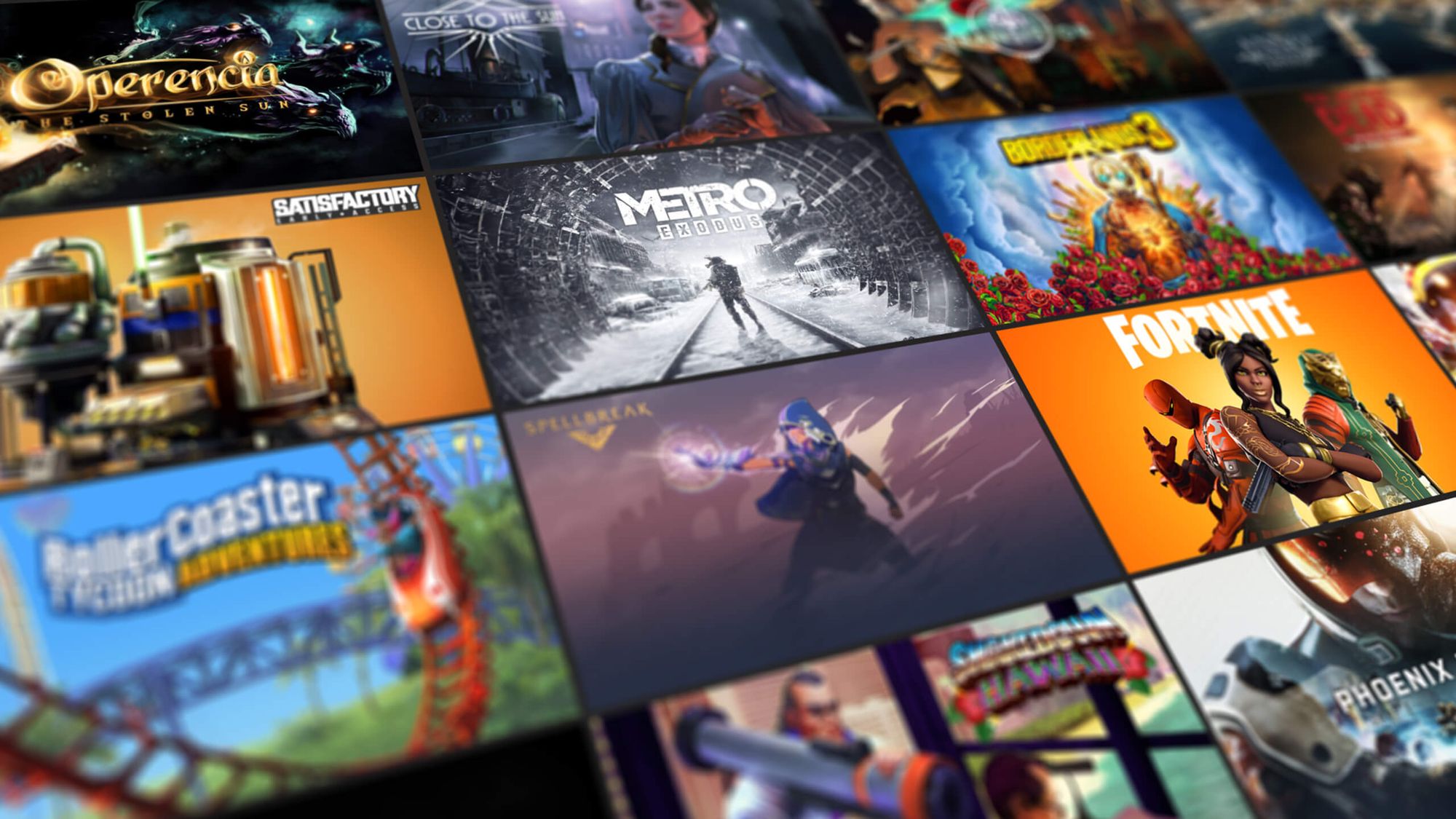
Ever wondered what an Episcopal Vicar does? You're not alone. Many people hear the term but aren't quite sure what it entails. An Episcopal Vicar is a clergy member appointed by a bishop to oversee specific areas within a diocese. They act as the bishop's representative, ensuring that church policies and practices are followed. This role is crucial for maintaining the church's structure and unity. Episcopal Vicars often handle administrative duties, pastoral care, and sometimes even conflict resolution. Their work helps keep the diocese running smoothly, allowing the bishop to focus on broader responsibilities. Curious to learn more? Let's dive into 15 intriguing facts about Episcopal Vicars!
What is an Episcopal Vicar?
An Episcopal Vicar is a clergy member in the Catholic Church who has been given authority by a bishop to oversee a specific area or function within a diocese. This role is vital for the smooth operation of church activities and ensuring that the bishop's directives are implemented effectively.
-
Authority Delegation: Episcopal Vicars receive their authority directly from the bishop. They act on behalf of the bishop in specific matters, ensuring that the bishop's vision and policies are carried out.
-
Geographical Oversight: Often, an Episcopal Vicar is responsible for a particular region within a diocese. This helps in managing large dioceses more efficiently by dividing responsibilities.
Roles and Responsibilities
The duties of an Episcopal Vicar are varied and crucial for the administration of the diocese. They ensure that church laws and policies are followed and provide pastoral care to the community.
-
Pastoral Care: One of their primary roles is to provide pastoral care to the clergy and laity within their jurisdiction. This includes offering guidance, support, and ensuring the spiritual well-being of the community.
-
Administrative Duties: Episcopal Vicars handle administrative tasks such as overseeing church properties, finances, and ensuring that church activities align with diocesan policies.
-
Liturgical Oversight: They often have a role in overseeing liturgical practices within their region, ensuring that they are conducted according to the church's traditions and guidelines.
Appointment and Term
The process of appointing an Episcopal Vicar involves careful consideration and is usually done by the bishop. Their term can vary based on the needs of the diocese and the bishop's discretion.
-
Appointment by Bishop: The bishop appoints the Episcopal Vicar, often selecting someone with significant experience and a deep understanding of church operations.
-
Term Length: The term of an Episcopal Vicar is not fixed and can vary. It depends on the bishop's decision and the needs of the diocese.
Historical Context
The role of the Episcopal Vicar has evolved over time, adapting to the changing needs of the church and its followers.
-
Historical Roots: The concept of delegating authority within the church dates back to early Christianity. It has evolved to meet the administrative and pastoral needs of growing dioceses.
-
Evolution of the Role: Over centuries, the role has expanded to include more administrative and pastoral responsibilities, reflecting the increasing complexity of church operations.
Episcopal Vicar vs. Vicar General
While both roles are crucial within the church, there are distinct differences between an Episcopal Vicar and a Vicar General.
-
Scope of Authority: A Vicar General typically has broader authority, often acting as the principal deputy of the bishop. In contrast, an Episcopal Vicar's authority is usually limited to specific areas or functions.
-
Specialization: Episcopal Vicars often focus on particular regions or aspects of diocesan life, whereas a Vicar General has a more general oversight role.
Importance in the Church
The presence of Episcopal Vicars is essential for the effective management and pastoral care within a diocese.
-
Enhanced Management: By delegating authority to Episcopal Vicars, bishops can ensure more effective management of large dioceses, allowing for better oversight and support.
-
Community Connection: Episcopal Vicars often have a closer connection to the local community, enabling them to address specific needs and concerns more effectively.
Challenges Faced
Like any role, being an Episcopal Vicar comes with its own set of challenges that require careful navigation.
-
Balancing Duties: Balancing administrative responsibilities with pastoral care can be challenging, requiring strong organizational and interpersonal skills.
-
Adapting to Change: The church is constantly evolving, and Episcopal Vicars must adapt to new policies, technologies, and societal changes while maintaining the core values of the church.
Final Thoughts on Episcopal Vicars
Episcopal Vicars play a crucial role in the Catholic Church. They act as the bishop's right hand, ensuring smooth operations within their designated regions. These individuals often handle administrative duties, pastoral care, and sometimes even legal matters. Their responsibilities can vary widely depending on the needs of their diocese.
Understanding the role of an Episcopal Vicar helps appreciate the structure and organization of the Church. These leaders ensure that the bishop's vision and directives are effectively implemented. They also provide support to local parishes, helping them navigate challenges and grow spiritually.
In essence, Episcopal Vicars are vital to maintaining the Church's integrity and mission. Their work often goes unnoticed by the general public, but their impact is significant. By learning about their duties and contributions, one gains a deeper appreciation for the intricate workings of the Catholic Church.
Was this page helpful?
Our commitment to delivering trustworthy and engaging content is at the heart of what we do. Each fact on our site is contributed by real users like you, bringing a wealth of diverse insights and information. To ensure the highest standards of accuracy and reliability, our dedicated editors meticulously review each submission. This process guarantees that the facts we share are not only fascinating but also credible. Trust in our commitment to quality and authenticity as you explore and learn with us.


